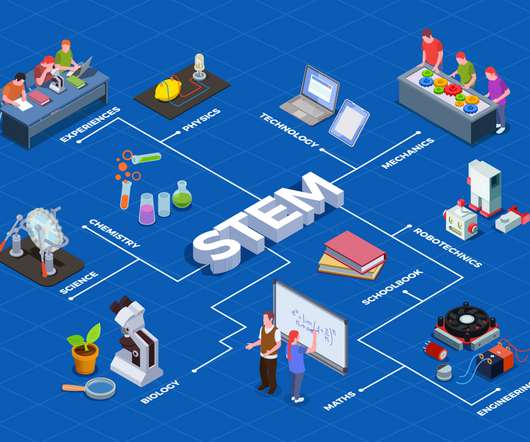CSU Resources
Kapp Notes
SEPTEMBER 28, 2017
Motivational considerations in the study of instruction. Cognition and Instruction , 5(4), 289-309. Cognitive and affective process analyses (pp. 2009) Repeated testing improves long-term retention relative to repeated study: a randomized controlled trial. Applied Cognitive Psychology. Snow & M.












































Let's personalize your content